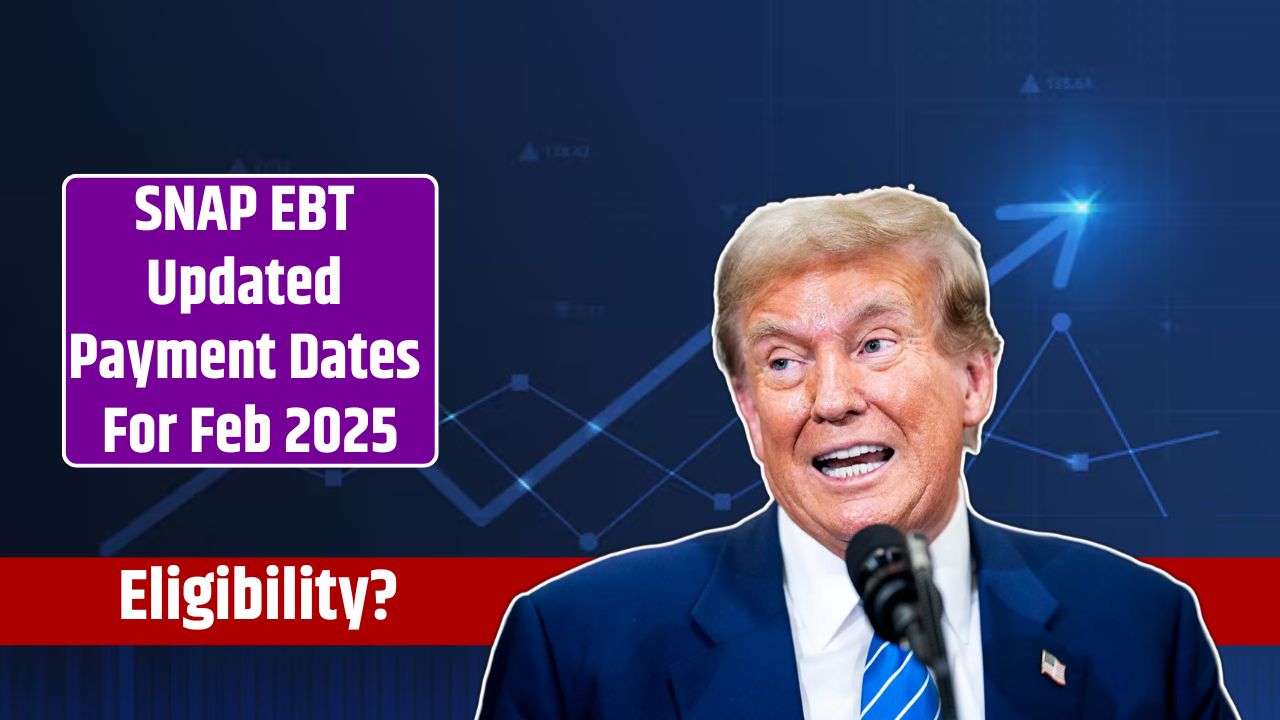Pregnancy is a life-changing journey, but it comes with financial challenges—especially for low-income mothers. Medical bills, prenatal care, and baby essentials can add up quickly, making it tough to stay afloat.
To ease this burden, some states have introduced financial assistance programs for pregnant women. One of the most notable initiatives is The Bridge Project, which offers $750 per month to eligible pregnant women in select states.
In this guide, we’ll break down the details of this program, including who qualifies, how to apply, and its potential expansion to other states.
If you or someone you know is pregnant, this could be a life-changing opportunity.
$750 Stimulus Check for Pregnant Women
The $750 stimulus check initiative is part of a broader effort to support maternal health and economic stability. Below is a quick breakdown of the program’s key details:
| Program Name | The Bridge Project |
|---|---|
| Monthly Payment | $750 |
| Total Benefit | Over $20,000 throughout the program |
| Eligibility | – Pregnant women (14 weeks or less) – Residents of Ohio, Kentucky, or West Virginia – Household income below $44,000 – Age 18 or older |
| Application Process | Online through the official website |
| Program Expansion | Initially launched in New York; now in Appalachia |
If you meet the eligibility criteria, applying early is recommended since limited spots are available.
Background
Why Financial Assistance for Pregnant Women Matters
Pregnancy-related financial struggles aren’t just stressful—they can also impact maternal and infant health. Studies show that economic insecurity during pregnancy can lead to:
- Higher risk of premature birth and low birth weight
- Increased maternal stress affecting fetal development
- Limited access to prenatal care, increasing medical complications
- Long-term health effects on newborns, including developmental delays
According to a 2023 report from the National Institute on Economic Policy, 30% of low-income pregnant women in the U.S. struggle to afford essential medical care.
This is where programs like The Bridge Project step in—to provide financial relief and better birth outcomes.
Eligibility
To qualify for the $750 monthly stimulus check, you must meet four main requirements:
- Residency – You must live in Ohio, Kentucky, or West Virginia.
- Pregnancy Status – You must be 14 weeks pregnant or less at the time of application.
- Income Level – Your household income must be below $44,000 per year.
- Age Requirement – You must be 18 years or older.
Why the 14-Week Limit?
The program focuses on early-stage pregnancies to ensure better prenatal care from the start, leading to healthier pregnancies and birth outcomes.
Application
How to Apply for the $750 Stimulus Check
The application process is simple, but since spots are limited, applying early is crucial. Here’s a step-by-step guide:
- Check Your Eligibility – Ensure you meet all four qualification criteria.
- Prepare Required Documents:
- Valid ID (Driver’s License, Passport, or State ID)
- Proof of pregnancy (Doctor’s note or ultrasound report)
- Income verification (Recent pay stubs, W-2 forms, or bank statements)
- Visit the Official Website – Apply online at The Bridge Project website.
- Submit Your Application – Fill out the form and upload the necessary documents.
- Await Approval – If approved, you’ll receive your first payment within weeks.
Payments
How Much Financial Support Does the Program Provide?
The total financial benefit of the program exceeds $20,000, structured as follows:
| Payment Type | Amount | Duration |
|---|---|---|
| Initial Lump Sum | $1,125 | Fifth month of pregnancy |
| Monthly Support | $750 | 15 months (pregnancy + baby’s first year) |
| Transition Support | $375 | 21 months (helping mothers adjust to parenthood) |
| Total Benefit | Over $20,000 | – |
This structure ensures that financial assistance extends beyond pregnancy, helping mothers transition into financial stability and parenthood.
Impact
How This Program Helps Pregnant Women
Financial support during pregnancy has been shown to lead to better health and economic outcomes. Here are some key benefits of this initiative:
1. Improved Maternal and Infant Health
Research published in the American Journal of Public Health shows that financial aid for pregnant women leads to:
- Healthier pregnancies
- Reduced stress and anxiety
- Lower rates of birth complications
2. Reduction in Infant Mortality
Programs like The Bridge Project help lower infant mortality rates by ensuring:
- Better prenatal care
- Improved nutrition for mothers
- Access to essential medical services
3. Economic Stability for Families
- Helps cover rent, food, and childcare
- Reduces medical debt for uninsured mothers
- Supports long-term child development
Comparison
How This Program Compares to Other Assistance Programs
| Program | Benefit | Limitations |
|---|---|---|
| Medicaid & CHIP | Covers prenatal care | No direct cash assistance |
| WIC (Women, Infants, and Children) | Nutrition support | Limited to food purchases |
| Universal Basic Income (UBI) | Unrestricted cash payments | Not specifically for pregnant women |
| The Bridge Project | $750/month for pregnant women | Limited to select states |
Will More States Offer Similar Programs?
Given its success in New York and Appalachia, The Bridge Project could expand to more states in the future. Similar cash assistance programs are being discussed in states like California, Illinois, and Texas.
Lawmakers and advocacy groups are pushing for nationwide financial aid for pregnant women, recognizing the long-term benefits for both mothers and children.
If you’re eligible, don’t wait—apply today before the program fills up.
















